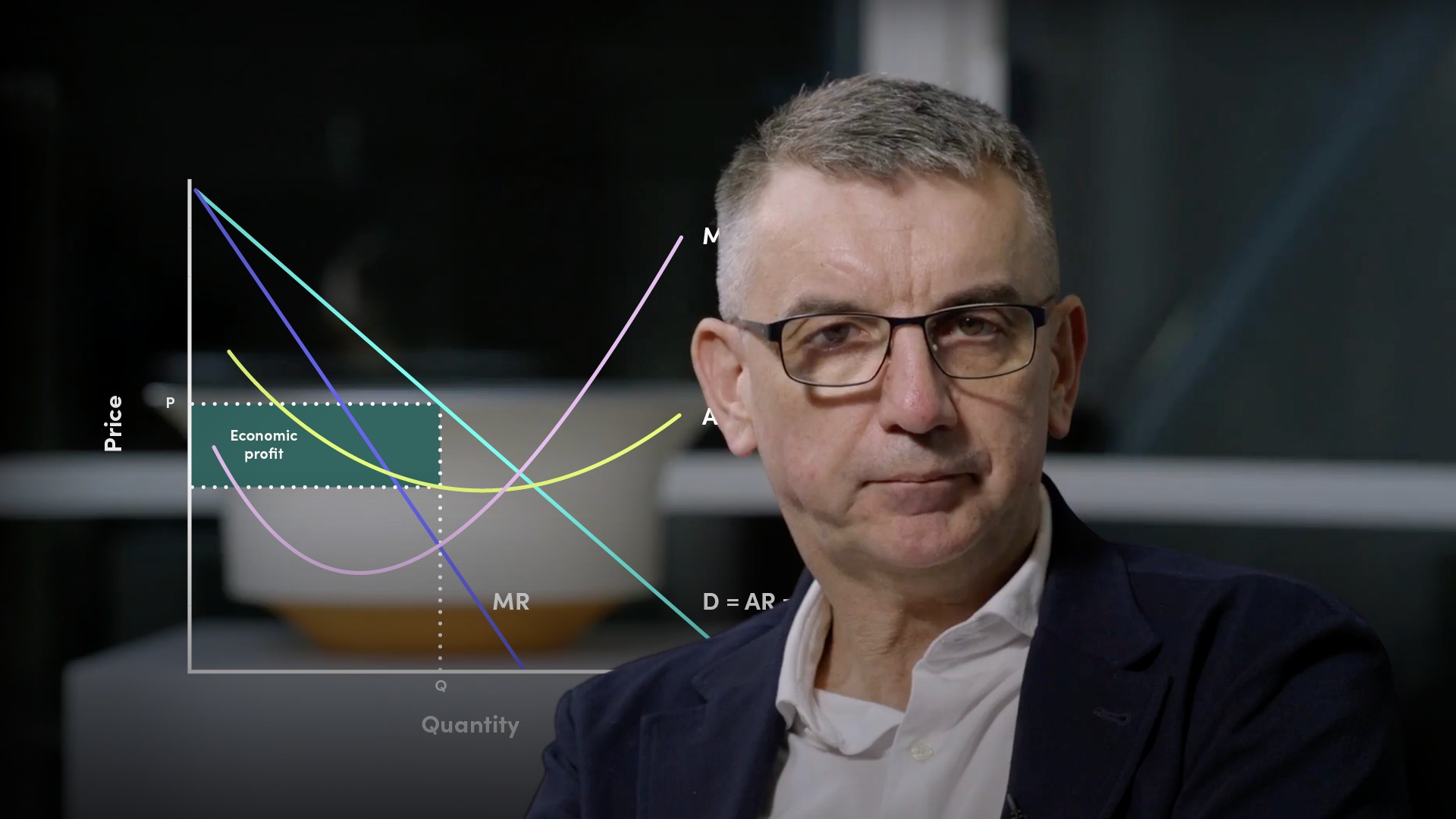
Operational Risk Best Practice

Olaf Ransome
25 years: Operational risk
Three important words that make up a process are policy, procedure and checklist. In this video, Olaf focuses on each of these components as he provides an overview of operational foundations.
Three important words that make up a process are policy, procedure and checklist. In this video, Olaf focuses on each of these components as he provides an overview of operational foundations.
Subscribe to watch
Access this and all of the content on our platform by signing up for a 7-day free trial.

Operational Risk Best Practice
10 mins 34 secs
Key learning objectives:
Identify what makes up a process, and its key components
Judge which is more important: a policy or procedure
Overview:
The operational foundations of Operational Risk (OpRisk) involve the theories behind policies, procedures, checklists, the people who are involved in these decisions and whether the systems in place are efficient.
Subscribe to watch
Access this and all of the content on our platform by signing up for a 7-day free trial.
What is imperfect competition, and how does it affect profits?
- Imperfect competition - Allows market participants to earn supernormal profits. Generally, these markets are prone to OpRisk.
- Perfect competition - If there is more competition, you would earn normal profits, in other words, no-one earns above abnormal profits. In this case, the one who makes the most profit is the operation with the best and most efficient processes.
What are the three steps that make up a process?
- Policy
- This is about what may be done, what may not be done and who approves what. Policies are essential for guiding people how to run a business. They are set by management and the board
- Procedure
- This is about how the company should do something. For example, it may have various levels - Plan A, if that fails, follow Plan B. This procedure is necessarily detailed, and is probably a long document
- Checklist
- This is simply a list of all the steps mentioned, in chronological order
What is the Standard Operating Procedure?
A clearly written set of instructions for methods detailing the procedures for carrying out a routine or recurring task or study. The US Army is very helpful on matters of procedure. An Army may march on its stomach, but how it marches is dictated by procedure.Why is it important to have an adaptable process?
It is important to have a process. However, if that process needs to be changed, or even could be changed for the better, then a culture needs to be in place that allows change in a bottom up way. “Authority should be vested in the people doing the work to improve their own processes to teach them how to measure them and to understand them. They should not have to ask for permission to improve their processes”.What are the three components of a process?
- People
- Who is involved in the process, and are they trained to the level to be able to execute the process?
- Procedure
- Do they know what to do, and do they know what to do when things do not go to plan?
- Systems
- Do they have the right tools to enable them to complete the process?
Which is more important: Policy or Procedure?
Policy is often seen as the most important, however, what actually happens is determined at the coal face, by procedures. For example, in 2016, the Luxembourg arm of Nordea was investigated surrounding undeclared assets. What was found was that policy was more honoured in the breach than the observance. The procedures were not fit for purpose. There was a procedure, the instructions for how to do things, in place. But, they were inadequate.What are the key takeaways?
- Policies alone are not that useful
- Procedures on their own are quite useful
- Checklists make things useful
When things go wrong and you want to analyse what happened, you need to be able to determine whether you had an accident waiting to happen - an inadequate process, or whether there was an adequate process that was not followed.
Subscribe to watch
Access this and all of the content on our platform by signing up for a 7-day free trial.

Olaf Ransome
There are no available Videos from "Olaf Ransome"



























